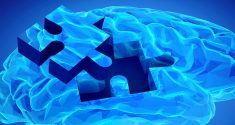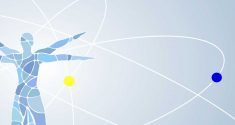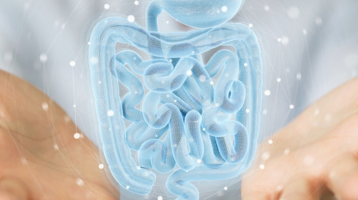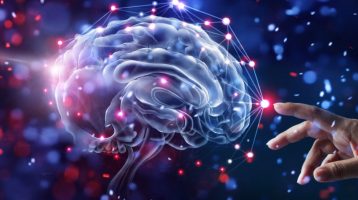Could scientists soon succeed at reversing aging? New technologies that turn back the clock on aging in mice may be available for humans someday as well.
Even as scientists and doctors learn to treat or cure a variety of deadly diseases, there is still one cause of death that cannot be treated: aging. Even if we lead very healthy lives with excellent medical care, our bodies break down eventually from the inside out. Researchers are beginning to understand exactly why this occurs and are taking the first steps in reducing or even completely reversing aging. These studies performed on mice may have a huge impact on human health in the future.
Epigenetics and Aging
New research indicates that epigenetic changes in our cells may be the cause of aging as we currently know it. Epigenetic changes are changes that affect how our genes are used. Our DNA is bound throughout our lives with molecules that determine which genes are transcribed into proteins. Over our lifetimes, these regulators can be added, removed or damaged, affecting our cells’ function. This causes a breakdown in how efficiently our cells operate and divide.
How do these changes happen? In some cases, simple errors in reproduction cause them. Exposure to oxidative elements such as cigarette smoke can also contribute. These small changes add up over a lifetime to a loss of function in our DNA, leading to cells that just don’t function or recover from injuries as well as they used to.
Reversing Aging: Is It Possible?
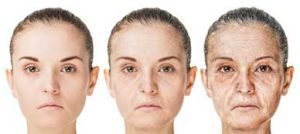
These same genes were then reprogrammed epigenetically in aging mice with health problems strikingly similar to our own, including slow healing and metabolic disorders. The reprogramming caused improvement and, in some cases, complete recovery.
Today, Mice. Tomorrow, Humans?
Can these discoveries be applied to humans? Several studies suggest that this is the case. Humans appear to have the same epigenetic processes behind our aging process as mice do. When the same treatments used on the mice were applied to aging human cells in a petri dish, the cells became rejuvenated and began acting more like youthful cells. The epigenetic changes made to these cells causes them to become pluripotent stem cells—or able to develop more than one cell type—capable of dividing for another lifespan.
Genetic research on humans is currently banned in the United States and many countries, so it may take decades before this research can be meaningfully extrapolated to humans. However, it is promising to know that the sands of time may not be as destructive to current generations as we grow older.
Aging: A Matter of Timing?
Aging appears to be partially due to internal clocks composed at least partly of epigenetic clockwork. While chronobiology research currently focuses on how our bodies adjust to time throughout the days, months and seasons, it soon may have a new focus on how we change throughout the years. Just as we have internal clocks that tell us when to sleep and when to rise, there appear to be internal clocks that count down the minutes of our lives. We can speed up these clocks with poor health choices, but we may be able to turn them back to healthier times. Understanding more about this lifelong process could lead eventually to reversing aging.
We have all heard the famous quote, “Nothing is certain but death and taxes.” However, death may soon be uncertain. Studies are showing how the epigenetic changes that lead to aging may not be as permanent as we once thought, offering hope that we someday may we lead longer and healthier lives without the degeneration and loss of function that we currently associate with growing older.

